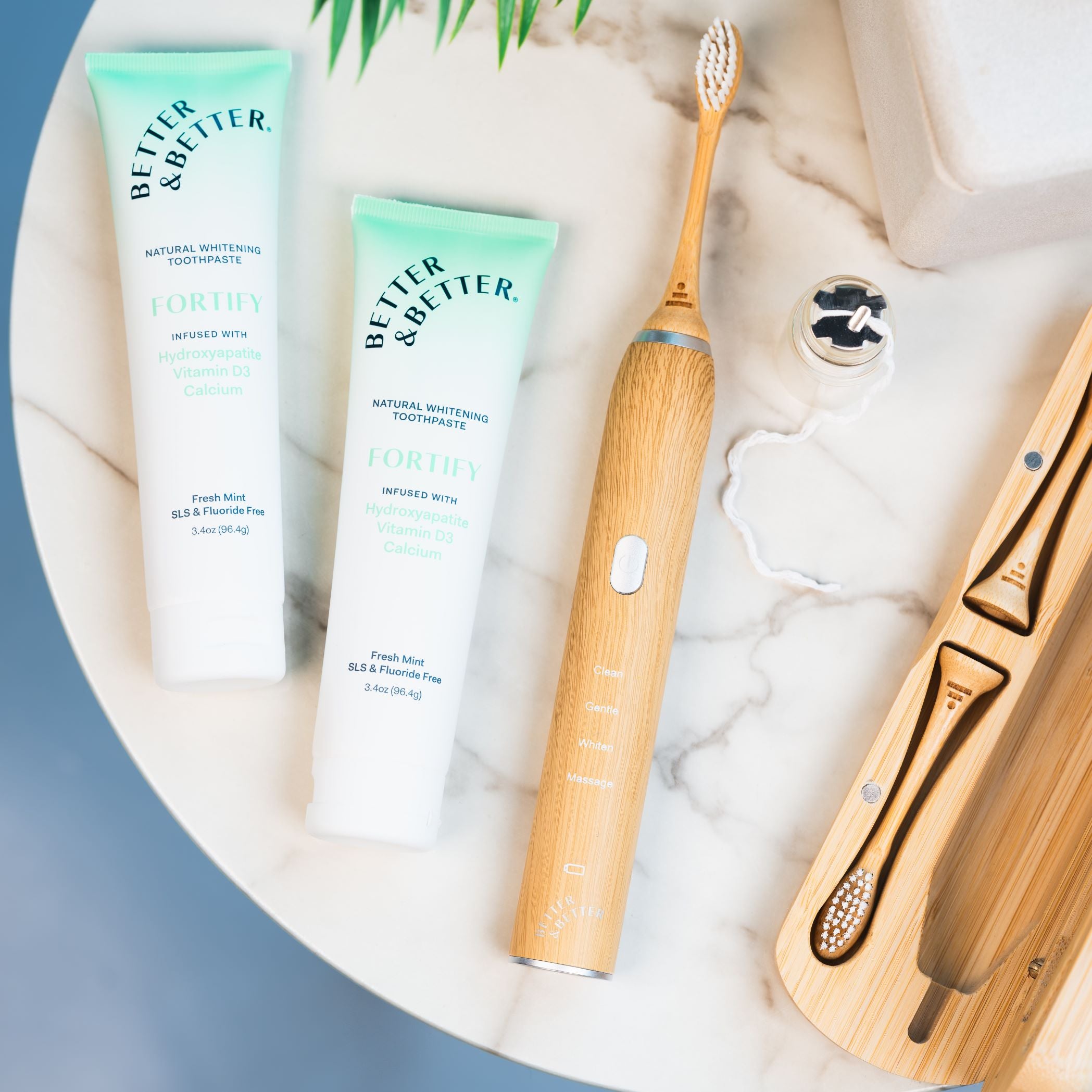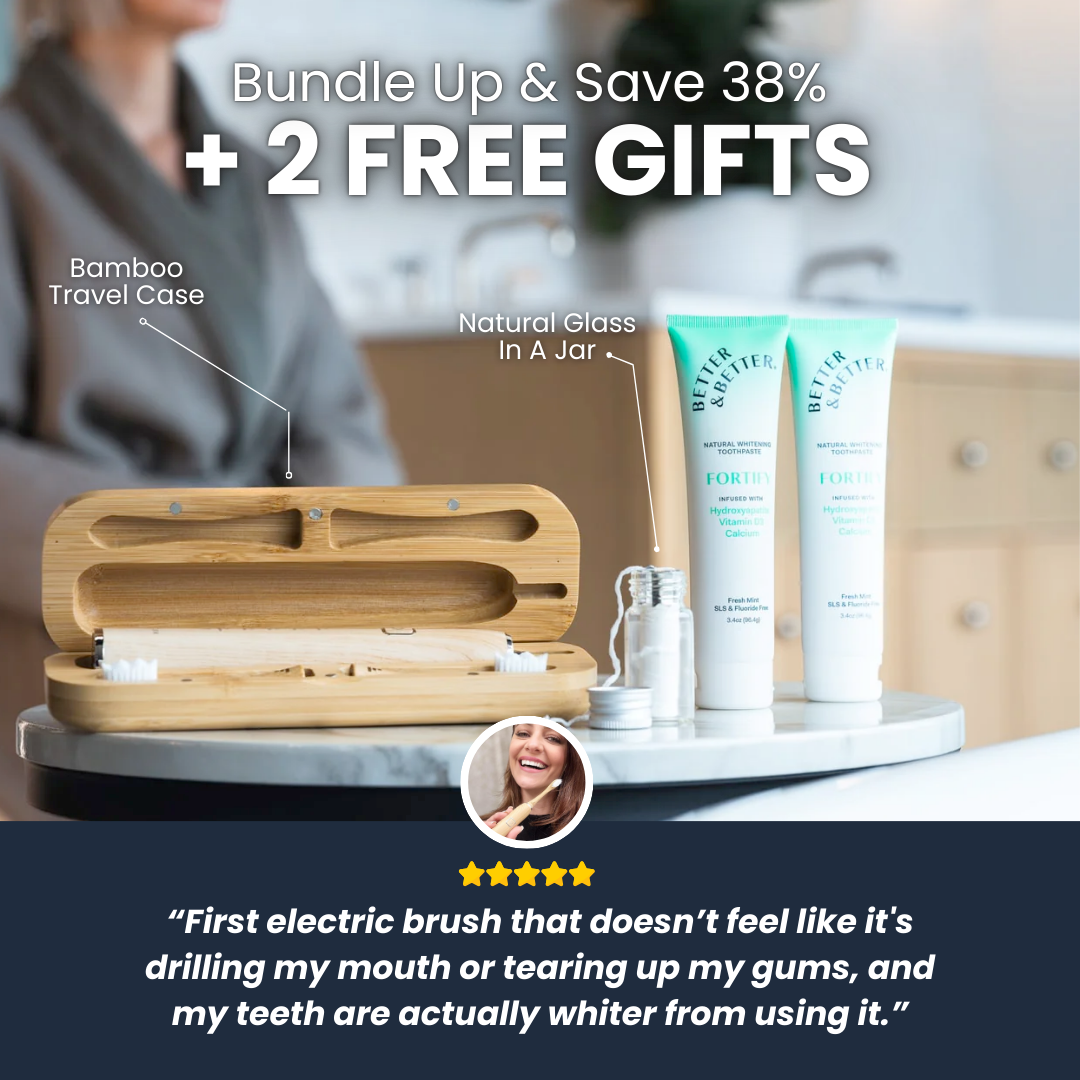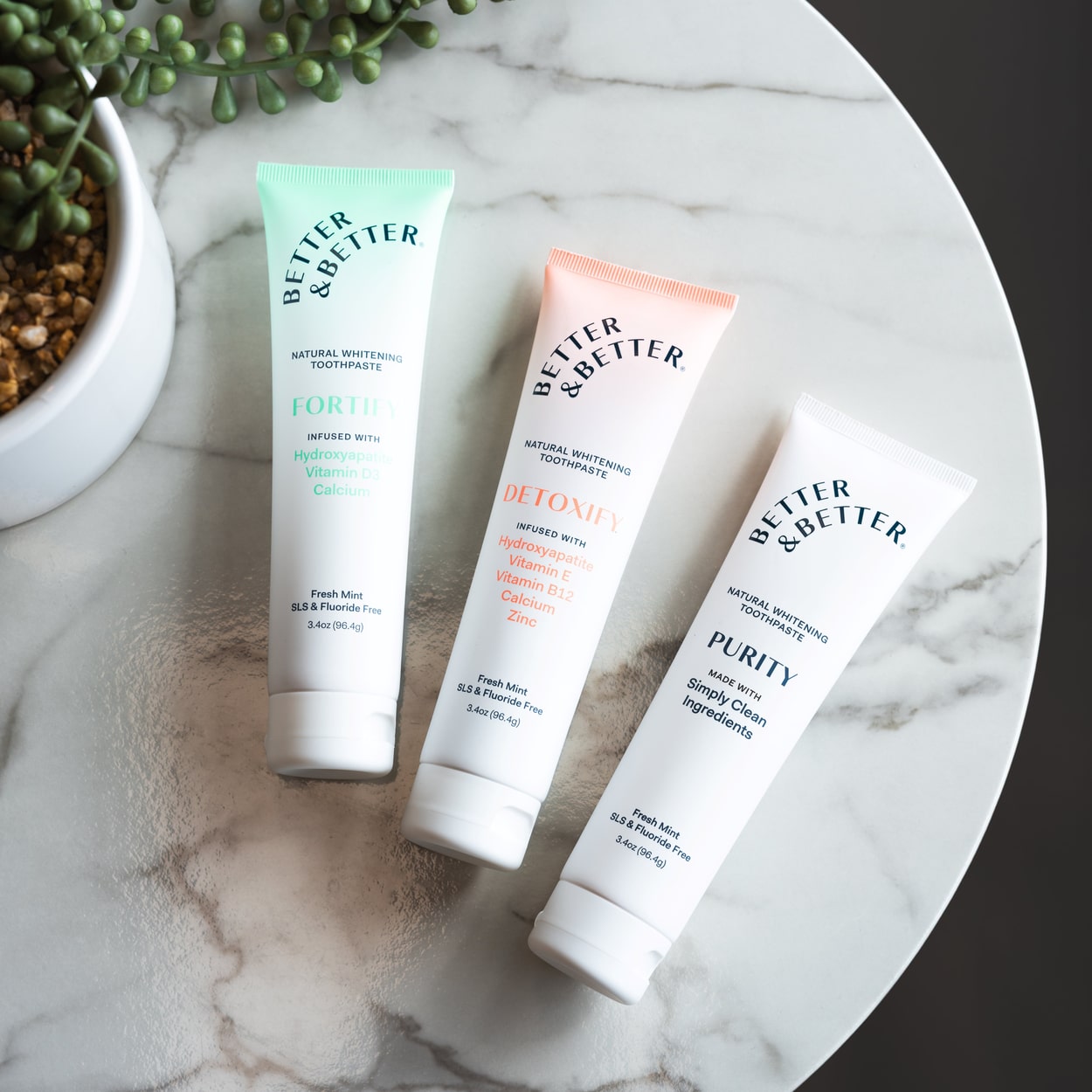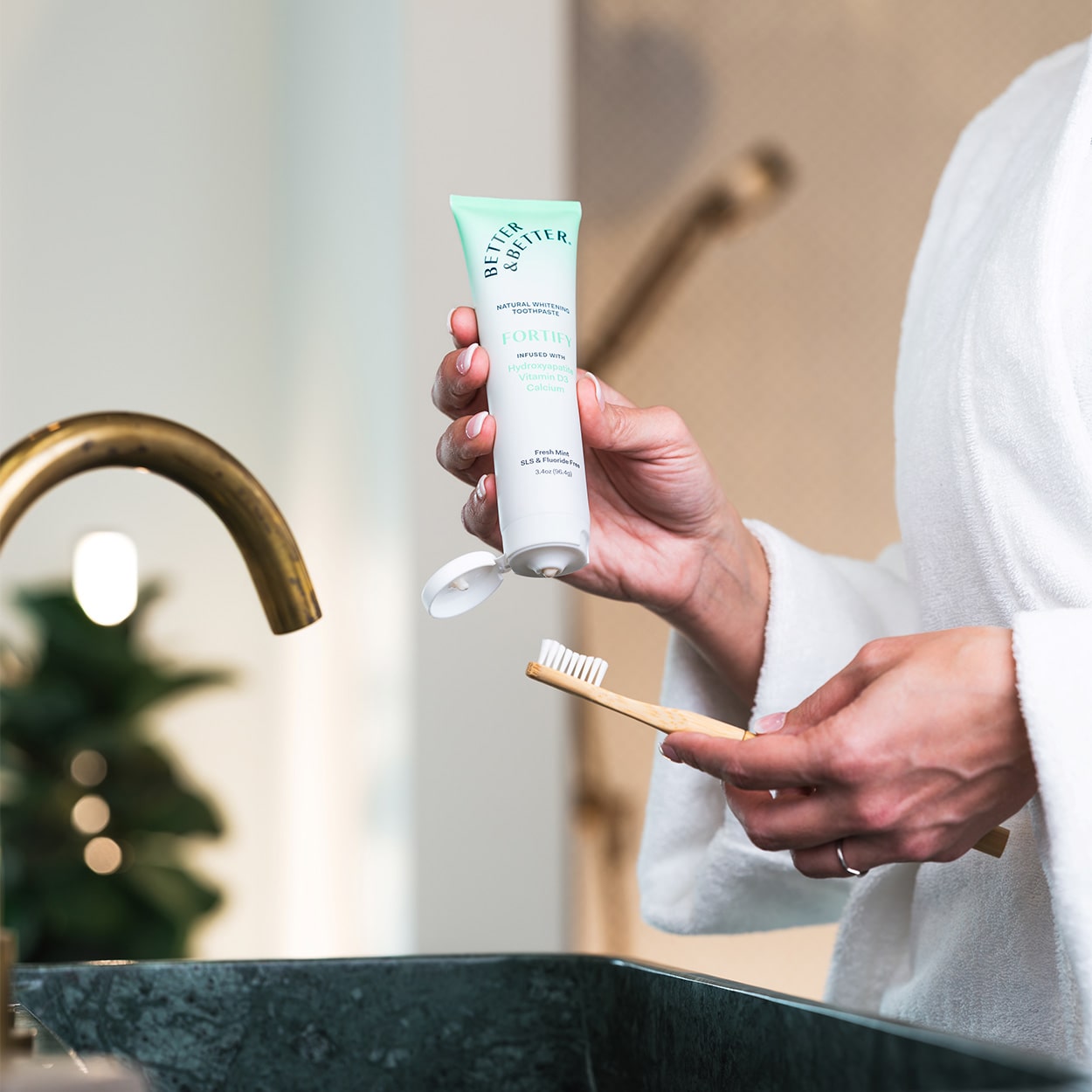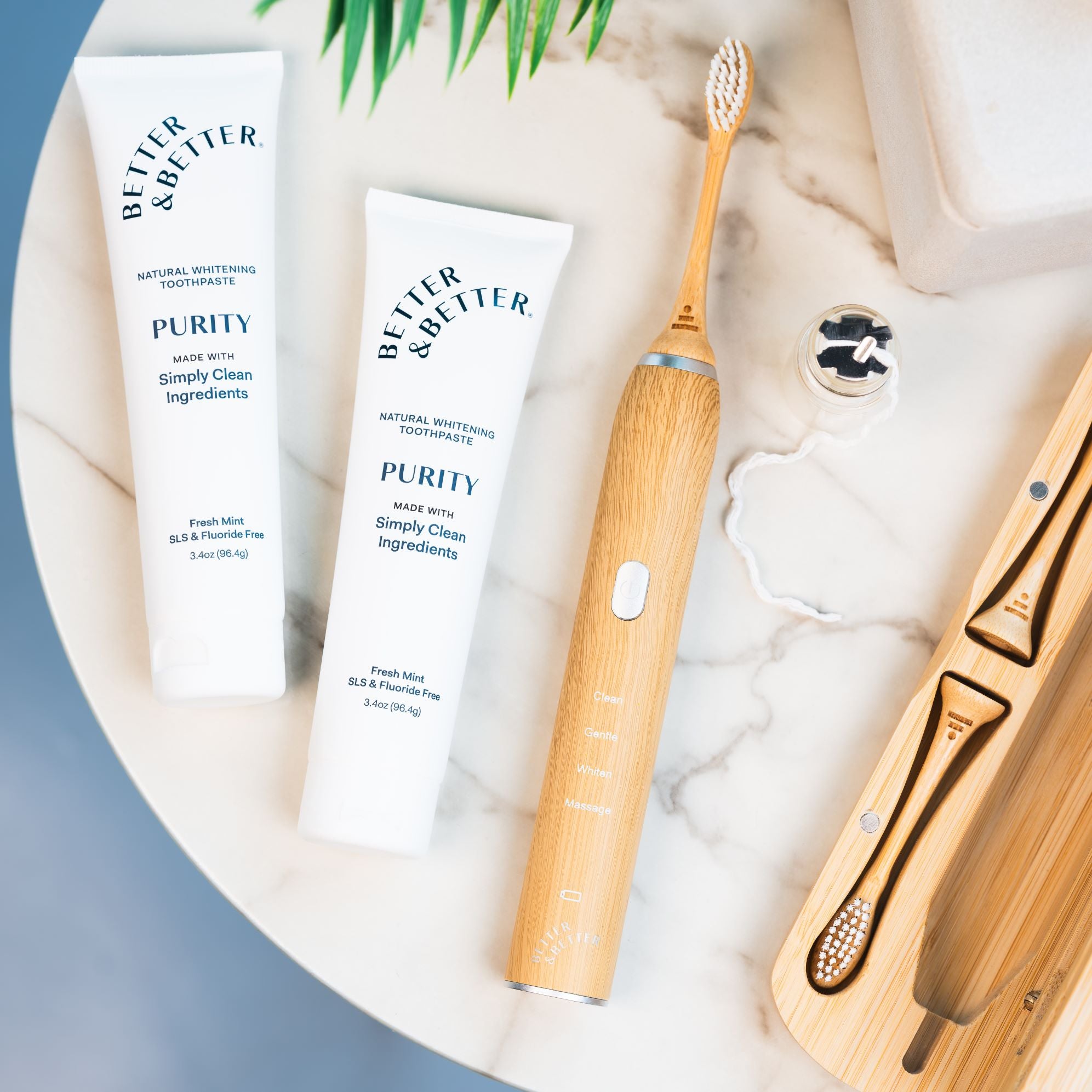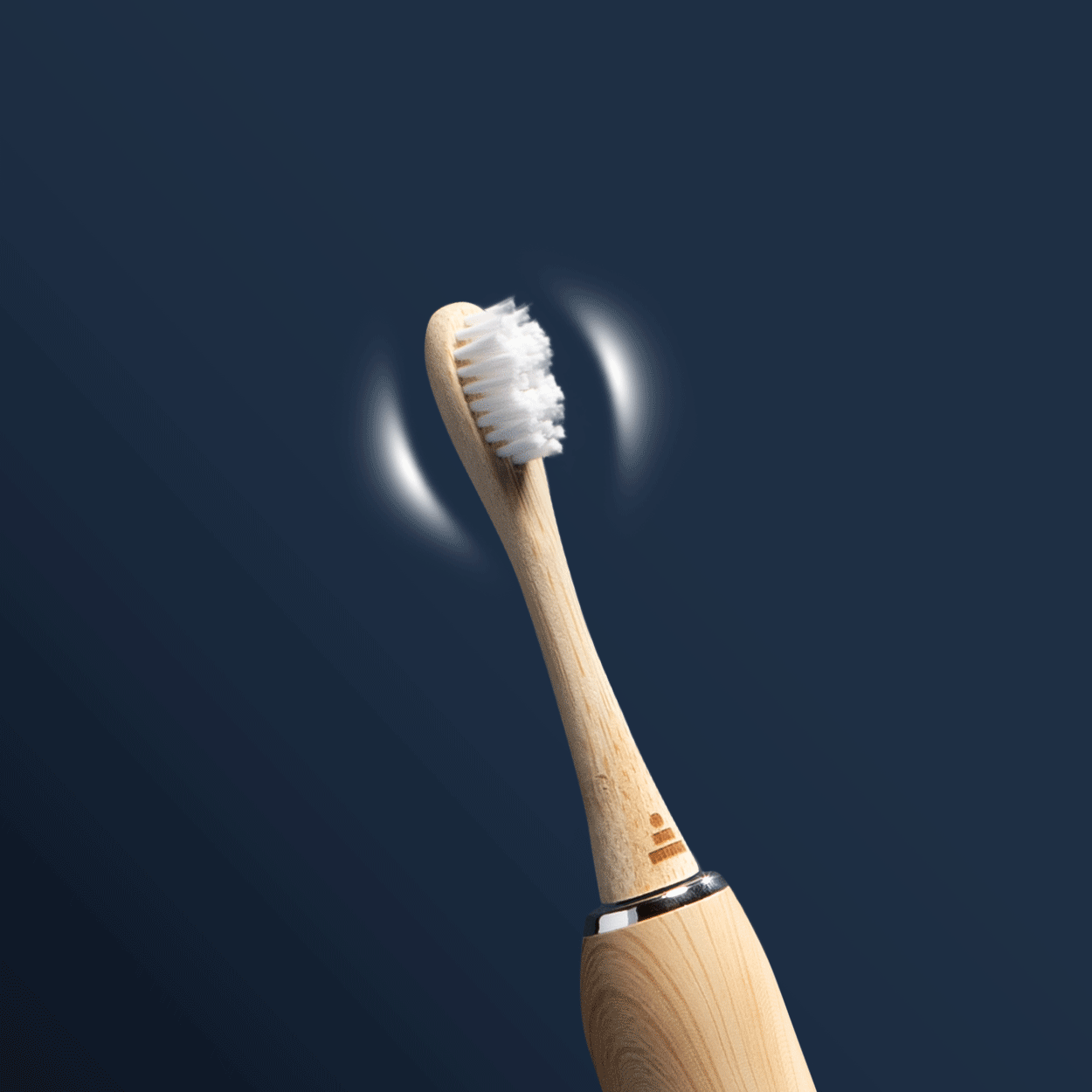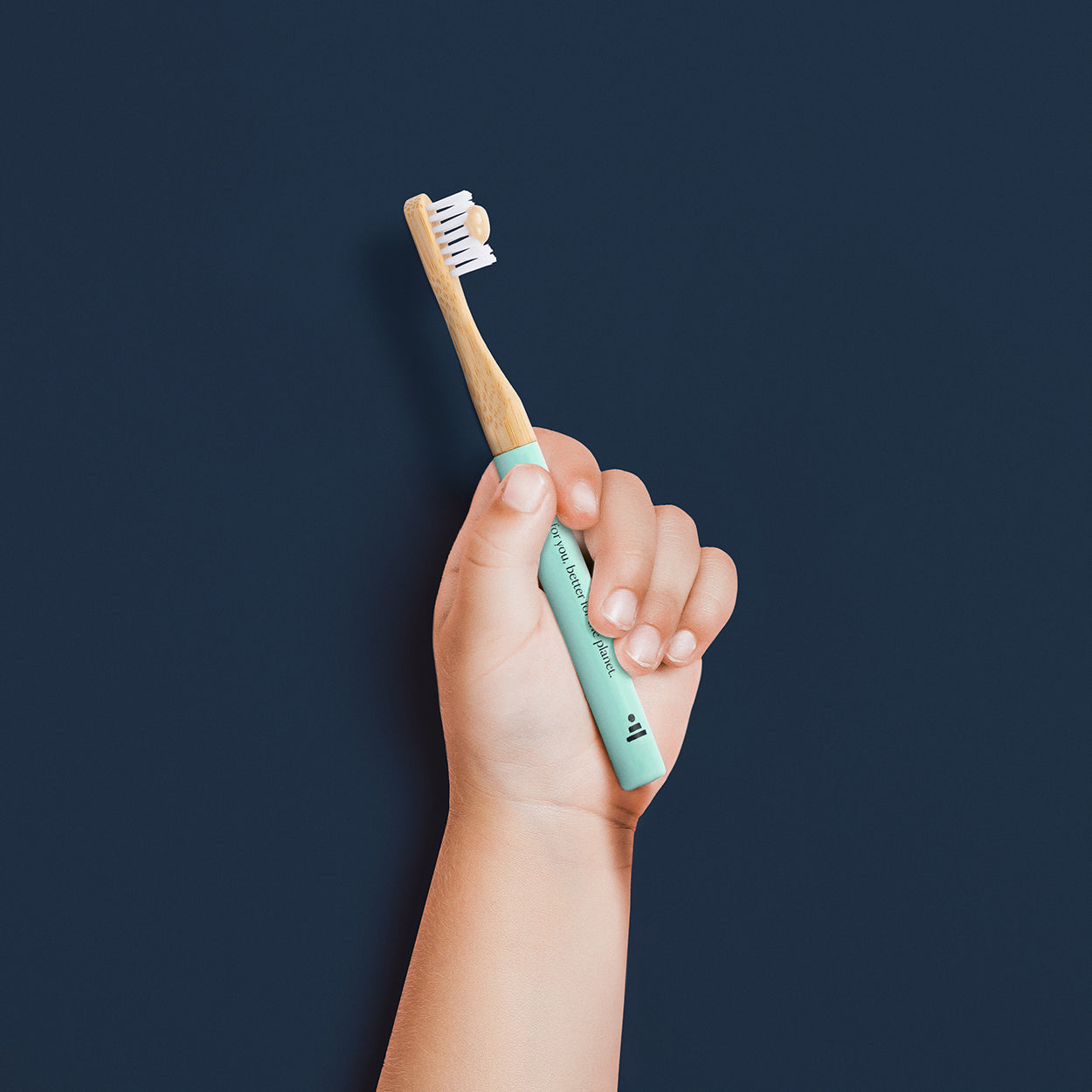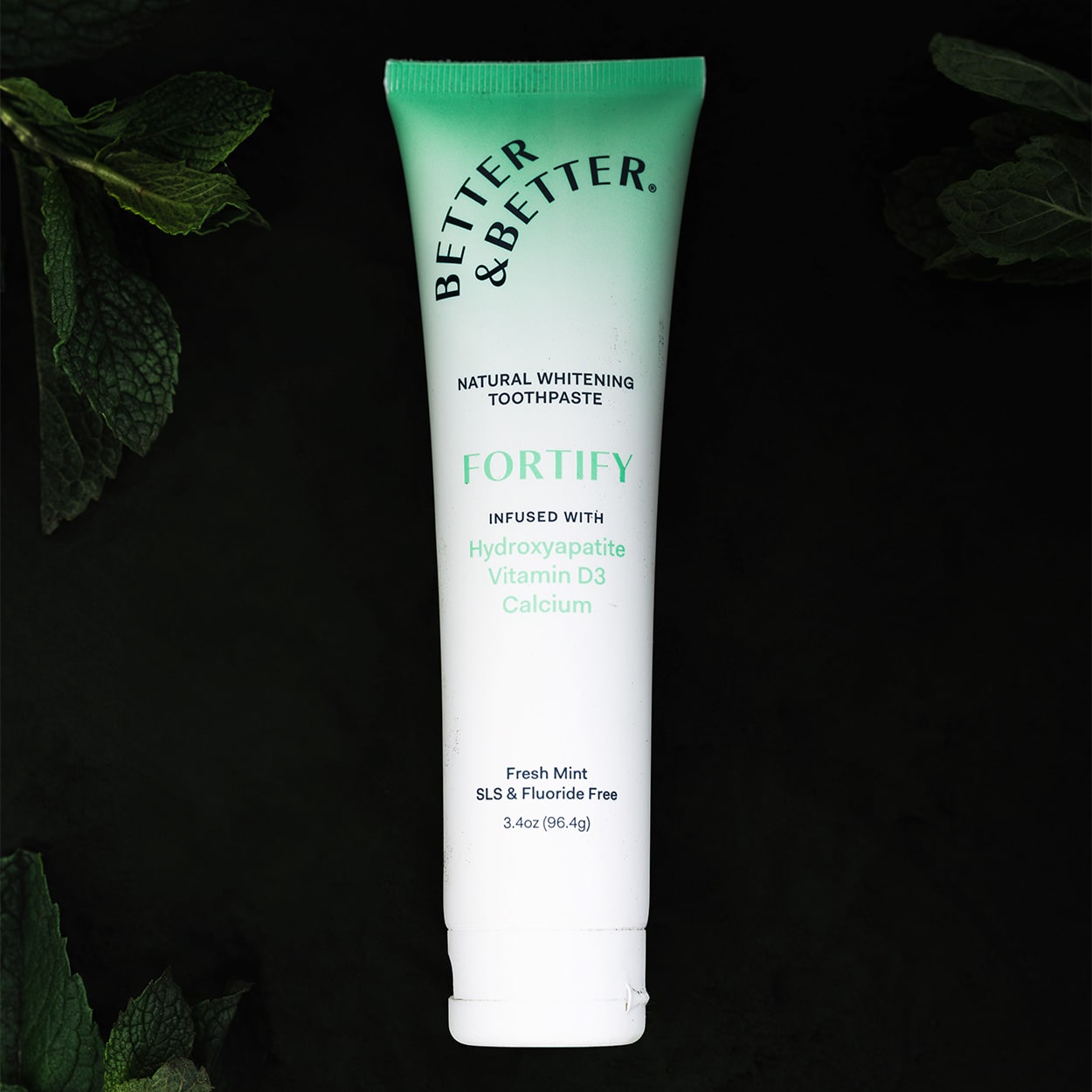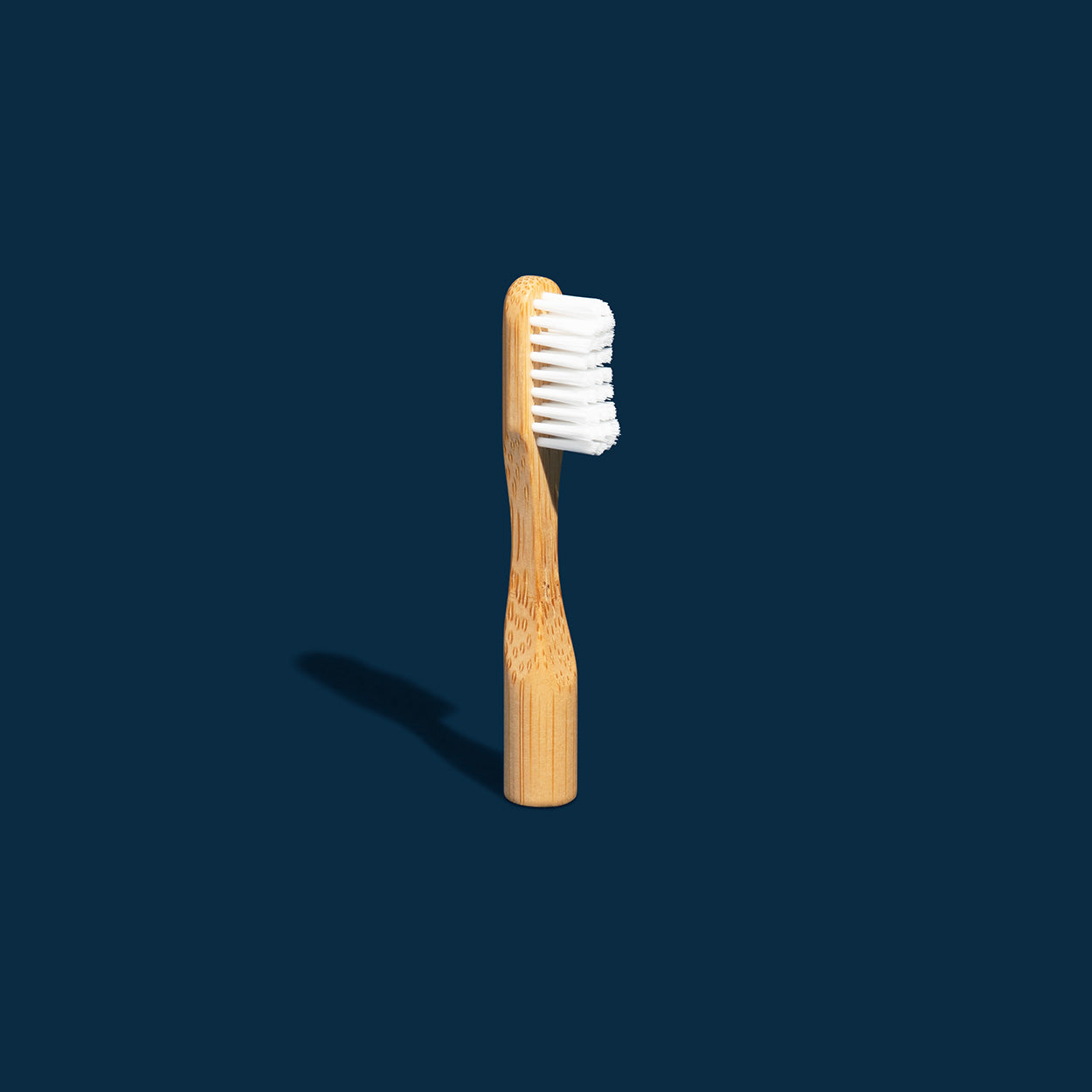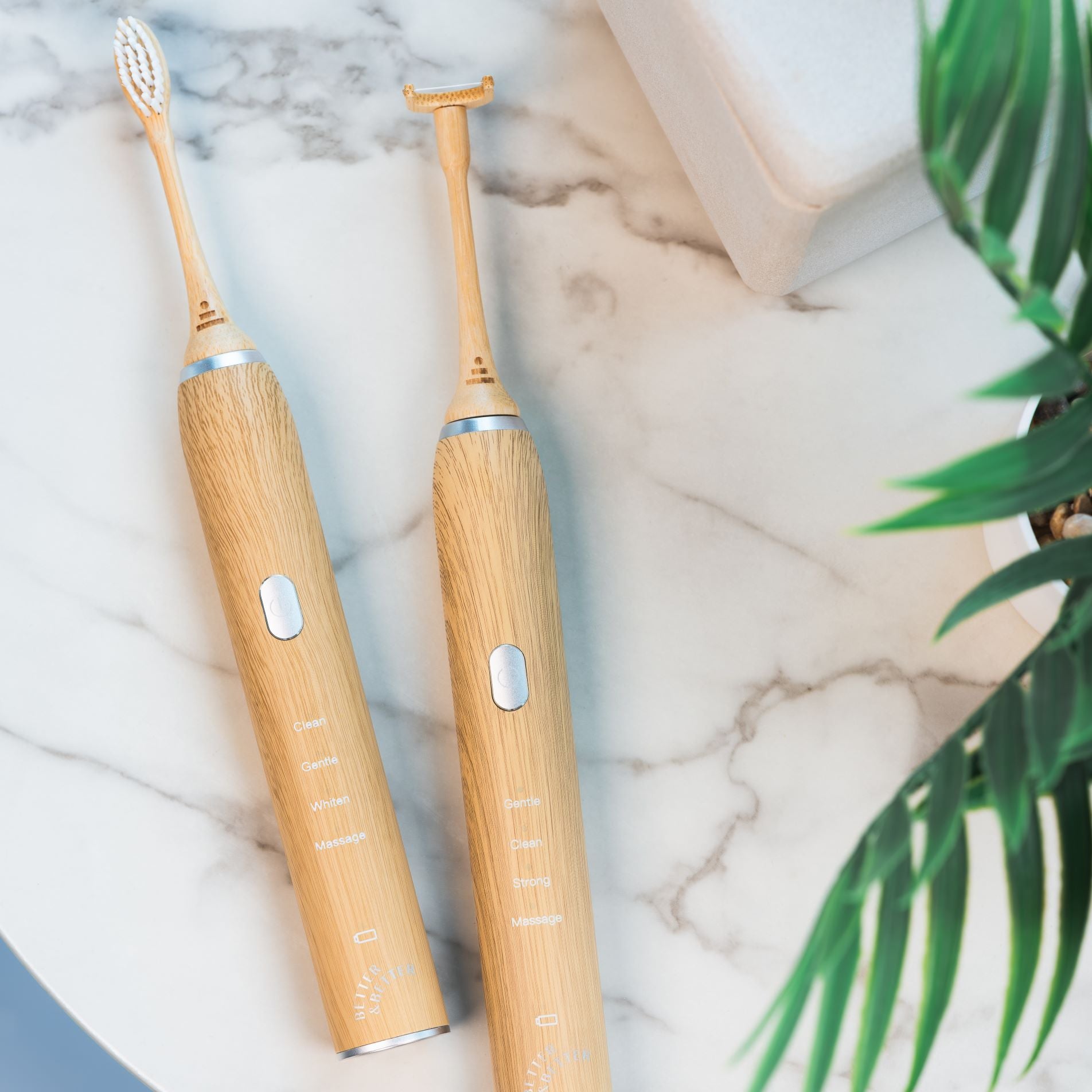Whether you’re browsing the oral care aisle at your local store or looking online, choosing a dental floss can be quite the task. It may seem like a simple product, but the ingredients in your floss can make a big impact on your health—and the health of the planet.
Finding the best dental floss gets even trickier if you follow a plant-based lifestyle. A little bit of string to clean between your pearly whites is probably vegan, right? Not so fast.
In this article, we take a closer look at how different types of floss are made, the stuff that’s added to them, and how to make sure your dental floss is vegan.
What Is Dental Floss Made Of?
There are three primary materials dental floss is made from:
- Petroleum-based nylon
- Silk
- Vegetable-based nylon
These all designed to lift and release sticky bacteria and plaque between your teeth. However, not all dental floss material is ideal for your health, especially if you’re vegan.
1. Petroleum-Based Nylon Dental Floss
Most of the “standard” floss you find at the store and even at your dentist’s office is made from nylon: a synthetic plastic derived from petroleum (also known as crude oil).
There are a couple of reasons why petroleum-based nylon is the go-to material for so many companies that make floss. For starters, it’s very smooth and can glide between teeth with minimal friction. It’s also very sturdy, so it rarely breaks or frays. That’s why it’s often used to make toothbrush bristles as well.
Nylon floss may be convenient, but it’s far from eco-friendly. Remember, you’re flossing with plastic. Petroleum-based nylon floss can’t be fully recycled and can take up to 40 years to break down.
2. Silk Dental Floss
Silk is a protein fiber derived from the cocoons of silkworm caterpillars. It’s known for its luster, durability, and smooth texture.
Silk floss (also called dental lace) is a popular option for eco-conscious shoppers because it’s generally biodegradable, plastic-free, and compostable. However, it’s a hassle because it tears, snags, and breaks—especially if you have tight teeth.
Silk dental floss is not vegan since it comes from insects.
3. Vegetable-Based Nylon Dental Floss
Not all nylon is built the same. Dental floss can also be made from plant-based nylon. For example, the nylon in our natural vegan floss is derived from castor seed oil.
This plant-based nylon provides the same easy-to-glide experience as the plastic stuff, but it’s 100% biodegradable and compostable.
5 Common Dental Floss Coatings
Most dental floss is coated with ingredients to help it glide more easily, soothe your gums, and taste better. These can range from perfectly natural and safe to toxic and carcinogenic.
Your gums are a direct line into your bloodstream. Accordingly, the ingredients you floss with impact your whole self—not just your mouth. Let’s explore some common coatings on dental floss and whether you should worry about them.
1. Polyfluoroalkyl Substances (PFAS)
PFAS are potentially toxic chemical compounds used in nonstick cookware, firefighting foams, carpeting—and dental floss. PFAS have been linked to cancer, liver damage, compromised immune systems, and hormone issues, according to Harvard Health.
PFAS made headlines in 2019 when researchers discovered that women who flossed with Oral-B Glide floss had abnormally high blood levels of a PFAS called perfluorohexane sulfonic acid (PFHxS).
The researchers also found six types of dental floss that tested positive for fluorine—a poisonous compound that indicates the presence of PFAS. Those products were:
- Crest Glide Deep Clean Cool Mint Floss
- Colgate Total Dental Floss Mint
- Oral-B Glide Pro-Health Mint and Glide Pro-Health Original
- CVS Health EaseBetween SuperSlip Dental Floss Waxed
- Safeway Signature Care Mint Waxed Comfort Floss
“I’m not trying to tell people, ‘don’t floss,’” said Katie Boronow, a staff scientist who was part of the study. “It’s about choosing safer products.”
2. Waxes
Wax refers to a variety of soft, sticky compounds that melt at a low temperature. There are a few types of wax that can be used to coat dental floss:
- Beeswax: This sticky substance comes from the honeycomb of bees. Since beeswax is insect-derived, it’s not vegan.
- Petroleum (synthetic wax): This is the most popular wax coating for floss, but it’s definitely not the safest. Petroleum is a carcinogen and hormone disruptor. It also contains a compound called 1,4-Dioxane, which is believed to cause cancer in humans.
- Vegetable wax: This type of wax comes from vegetable oils. It creates the same gliding effect as other waxes, but it’s biodegradable, non-toxic, and renewable (that’s why we coat our Natural Floss with it).
3. Glycerin
Also called glycerol, this colorless, odorless compound often comes from animal fats. It acts as a lubricant and prevents dental floss from drying out. There’s also vegetable glycerin, but if the label doesn’t specify this, there’s no real way to tell what type it is.
4. Sodium Lauryl Sulfate (SLS)
SLS is a surfactant, which means it helps ingredients blend together more effectively. You can find it in everything from floor cleaners to face washes and yes, even your floss. SLS may irritate sensitive areas of your body (gums included).
5. Artificial Sweeteners
Companies don’t want their dental floss to taste like plastic, so it’s common to coat them with sweet-tasting synthetic compounds.
The two most common ones are acesulfame and saccharin. Artificial sweeteners are mostly safe in small quantities, according to Mayo Clinic. However, they certainly don’t qualify as “natural.”
Is Dental Floss Vegan?
Unless the label on your dental floss specifies that it's fully vegan, you shouldn’t assume otherwise. There are all sorts of animal-derived ingredients used in mass market dental floss, including beeswax and glycerin.
You have better things to do than analyze ingredient lists, so as a rule of thumb, look for dental floss that’s specifically labeled vegan, like our Natural Floss.
Keep Flossing, Ditch the Bad Stuff
Flossing is about more than wedging that pesky piece of popcorn from between your teeth. It freshens your breath fresh, fights tartar, and prevents gum diseases like gingivitis and periodontitis. If you're a mom-to-be, flossing becomes even more important to reduce your risk of pregnancy gingivitis.
However, you don’t want to offset those benefits by using floss that’s loaded with toxins. That’s why we made our Natural Floss: it’s fully vegan, gentle on your teeth and gums, and comes in a reusable glass jar so you can eliminate every last bit of plastic from your flossing routine.



